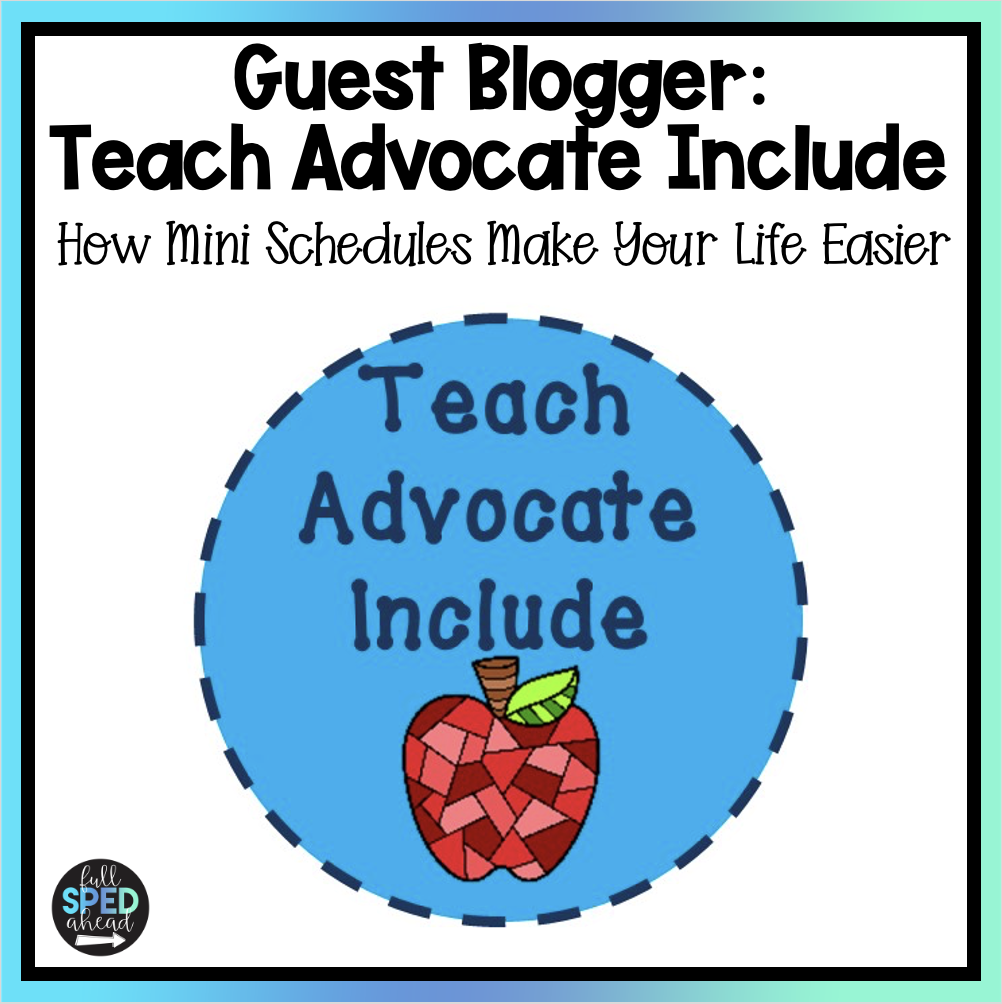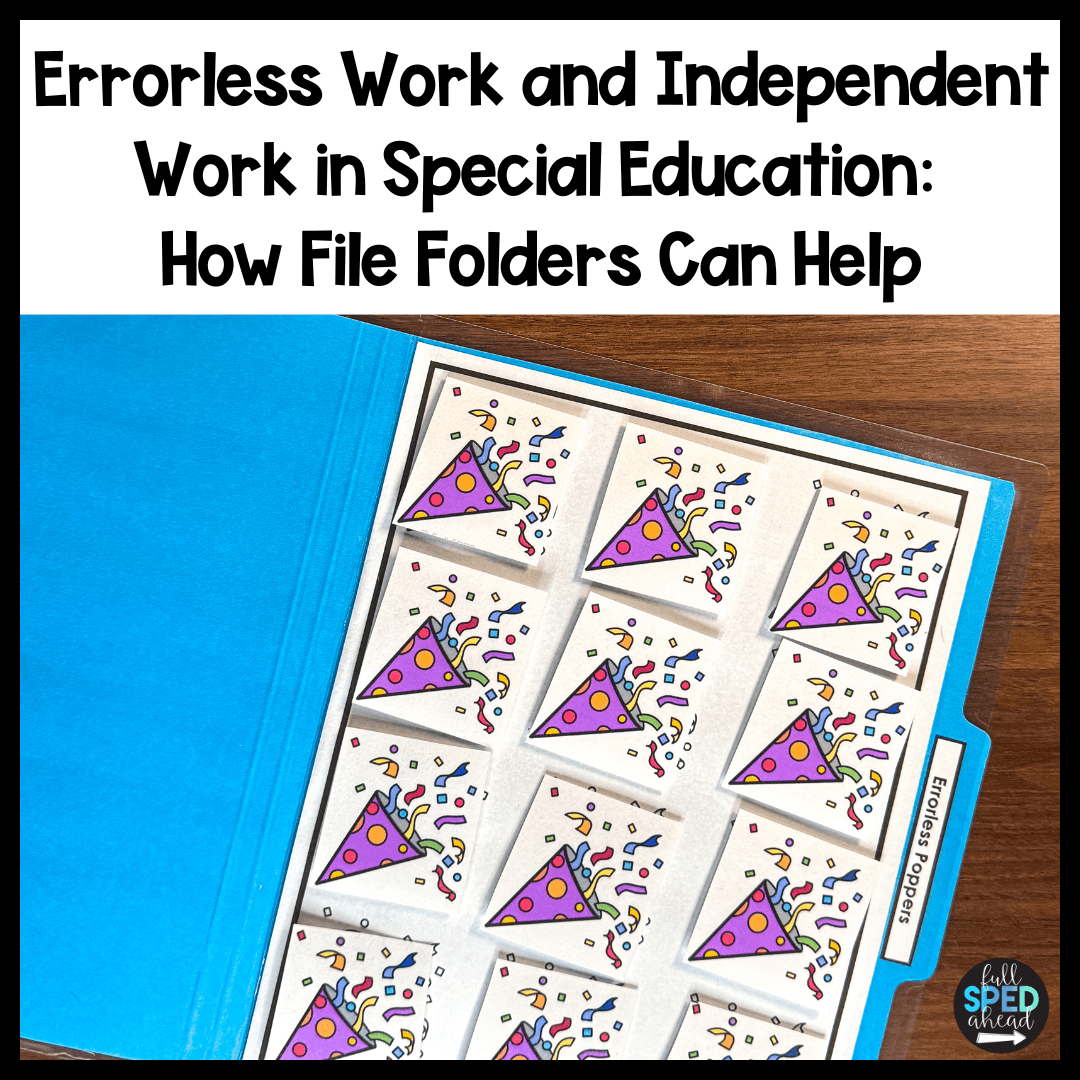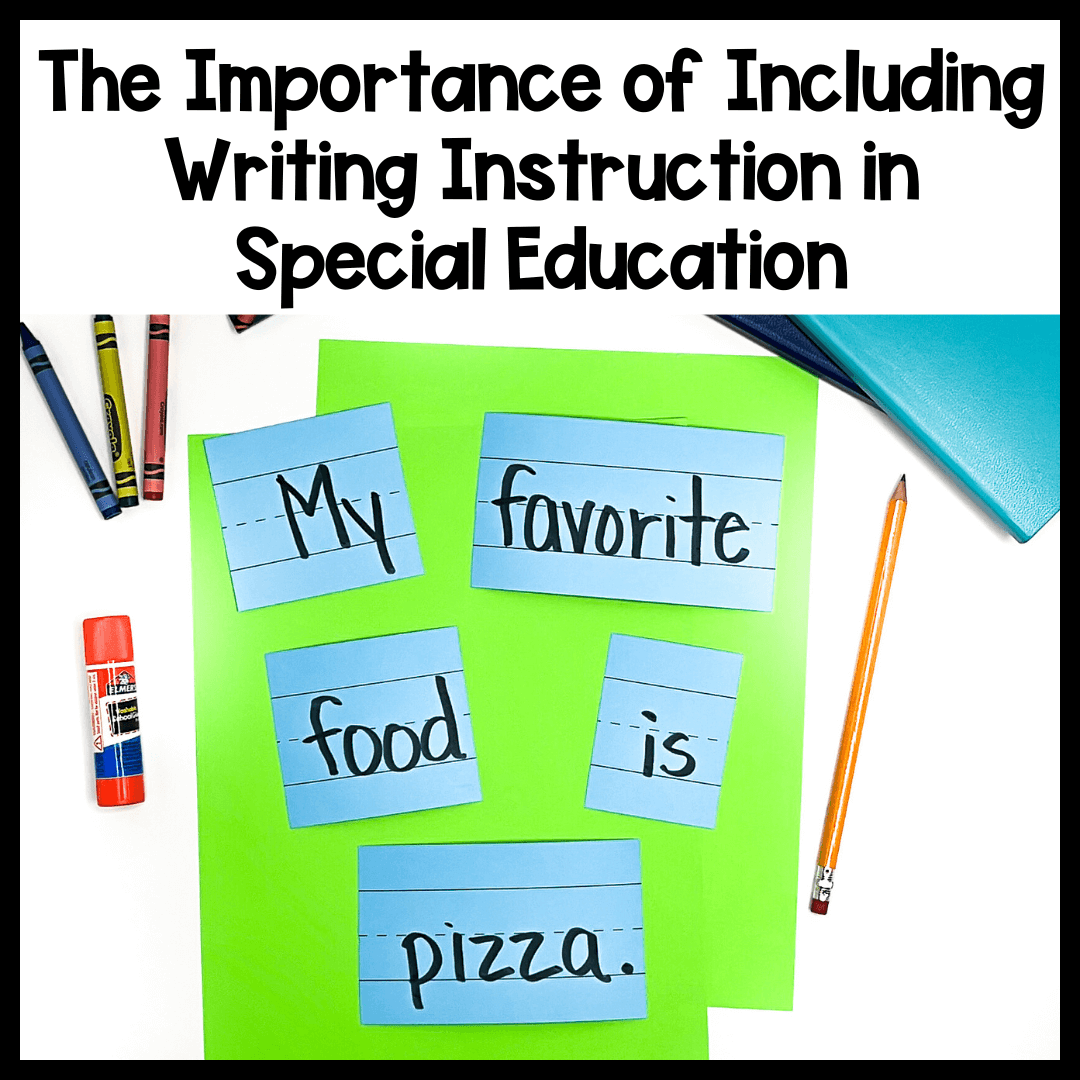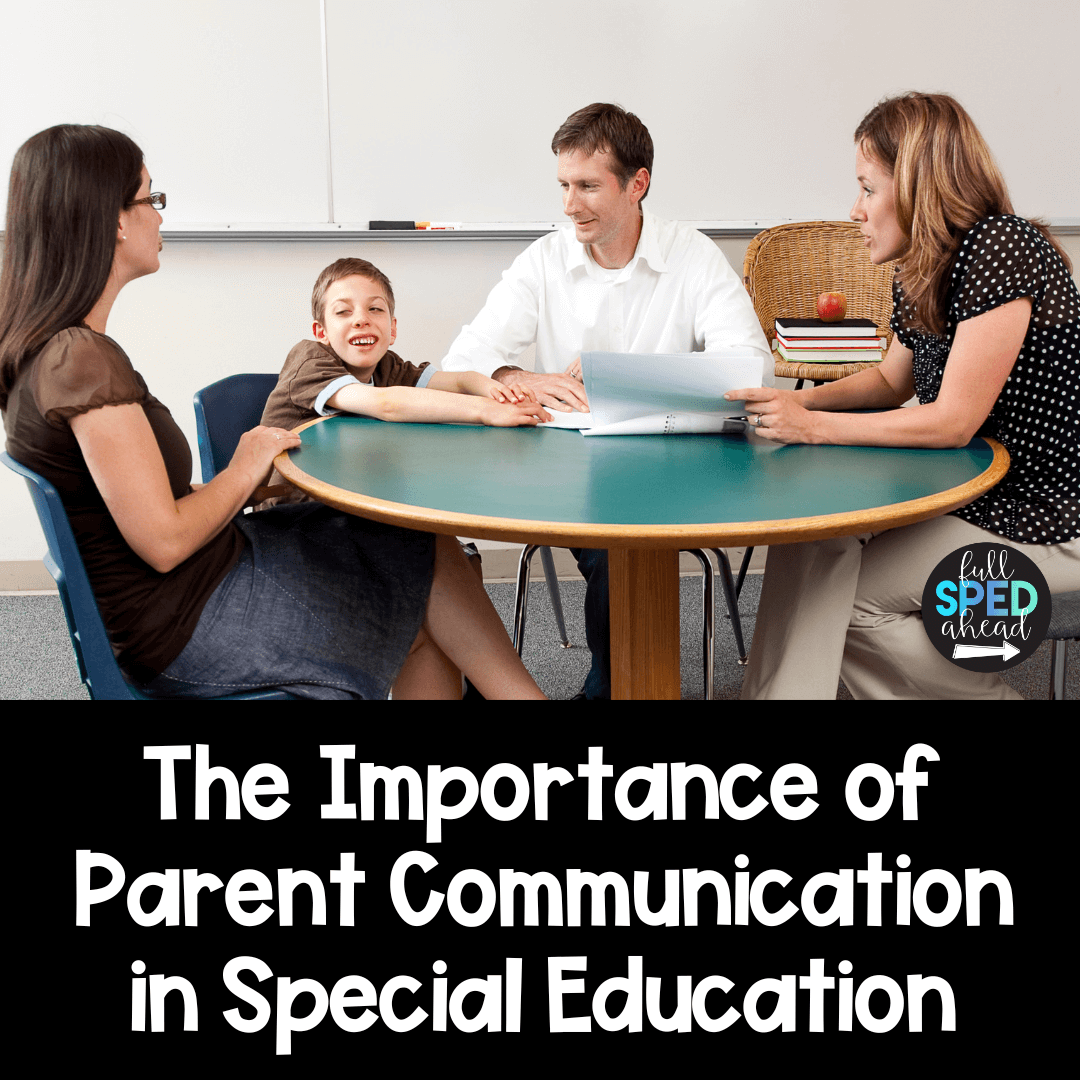IEP Goal Tracking: Meaningful Strategies for Special Education Teachers
As special education teachers, we are tasked with not only delivering effective instruction but also meticulously tracking our students’ progress towards their Individualized Education Program (IEP) goals. This data is crucial for measuring student growth, making instructional decisions, and ensuring that we are meeting the unique needs of each student. However, finding the time to consistently track IEP goals amidst the demands of a busy school day can be challenging. In this blog post, we’ll explore why it’s essential to include IEP goal tracking in your daily schedule and provide practical strategies to seamlessly integrate this task into your routine.







